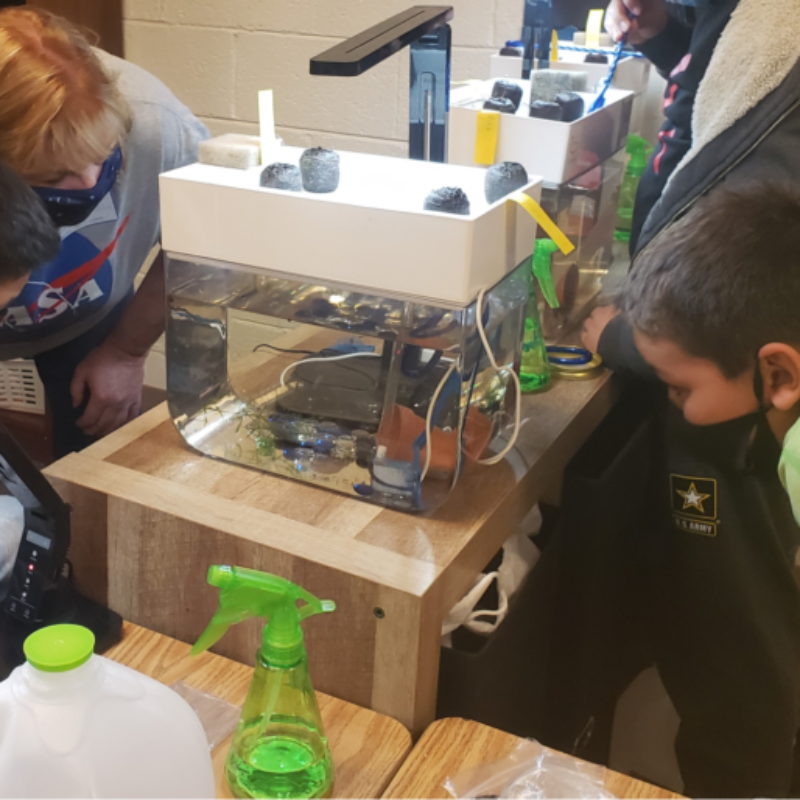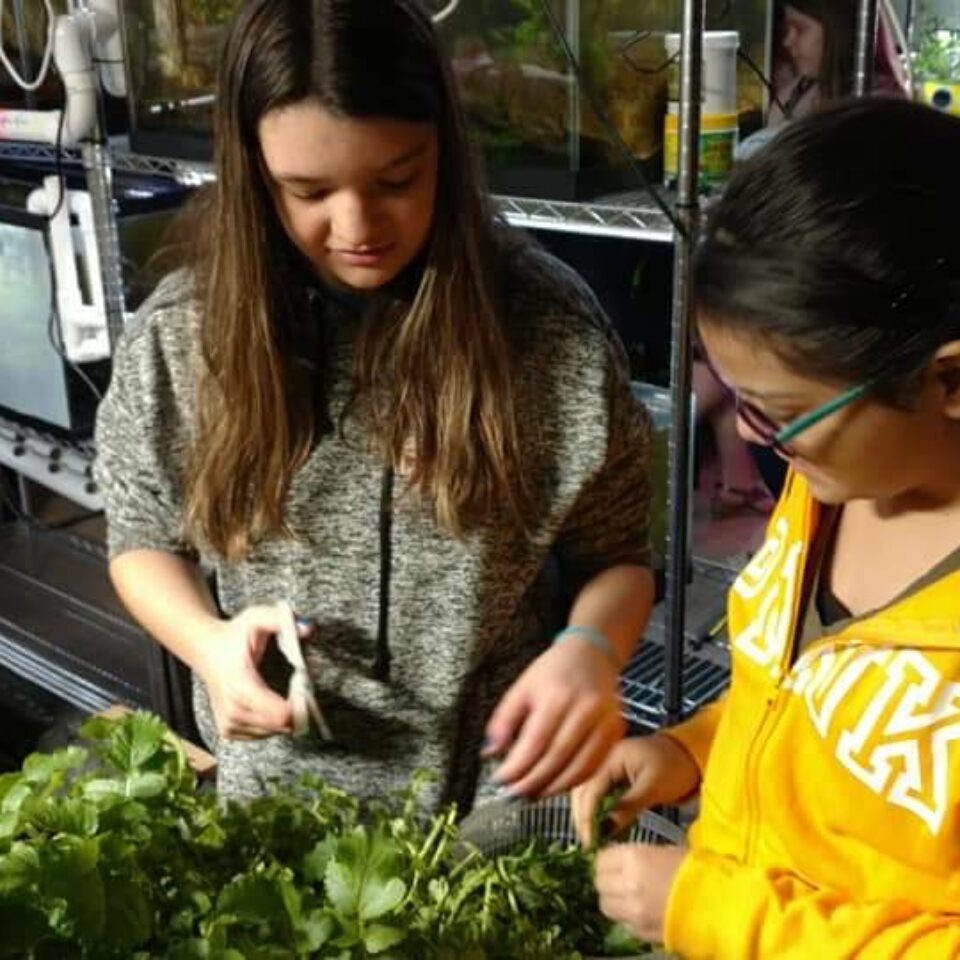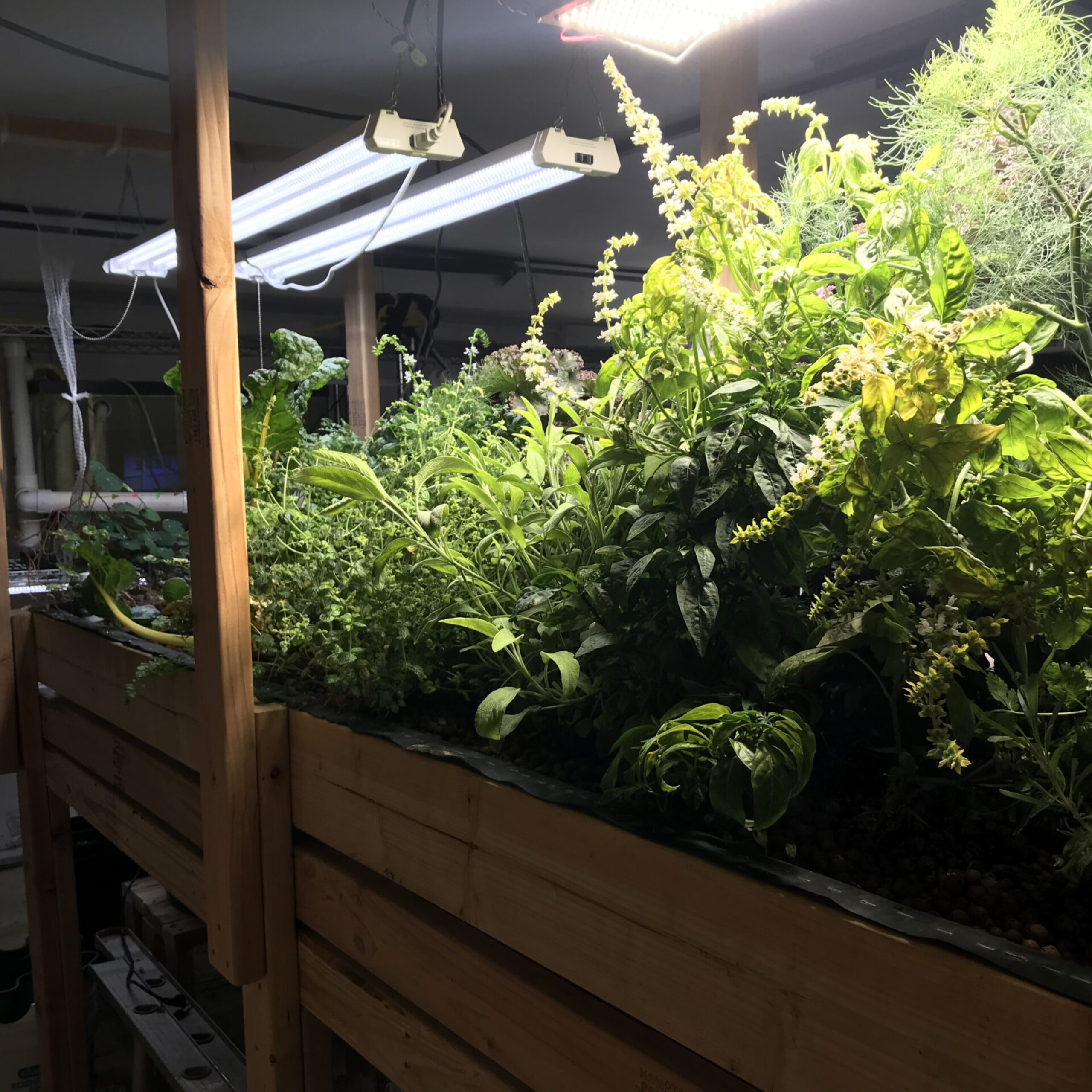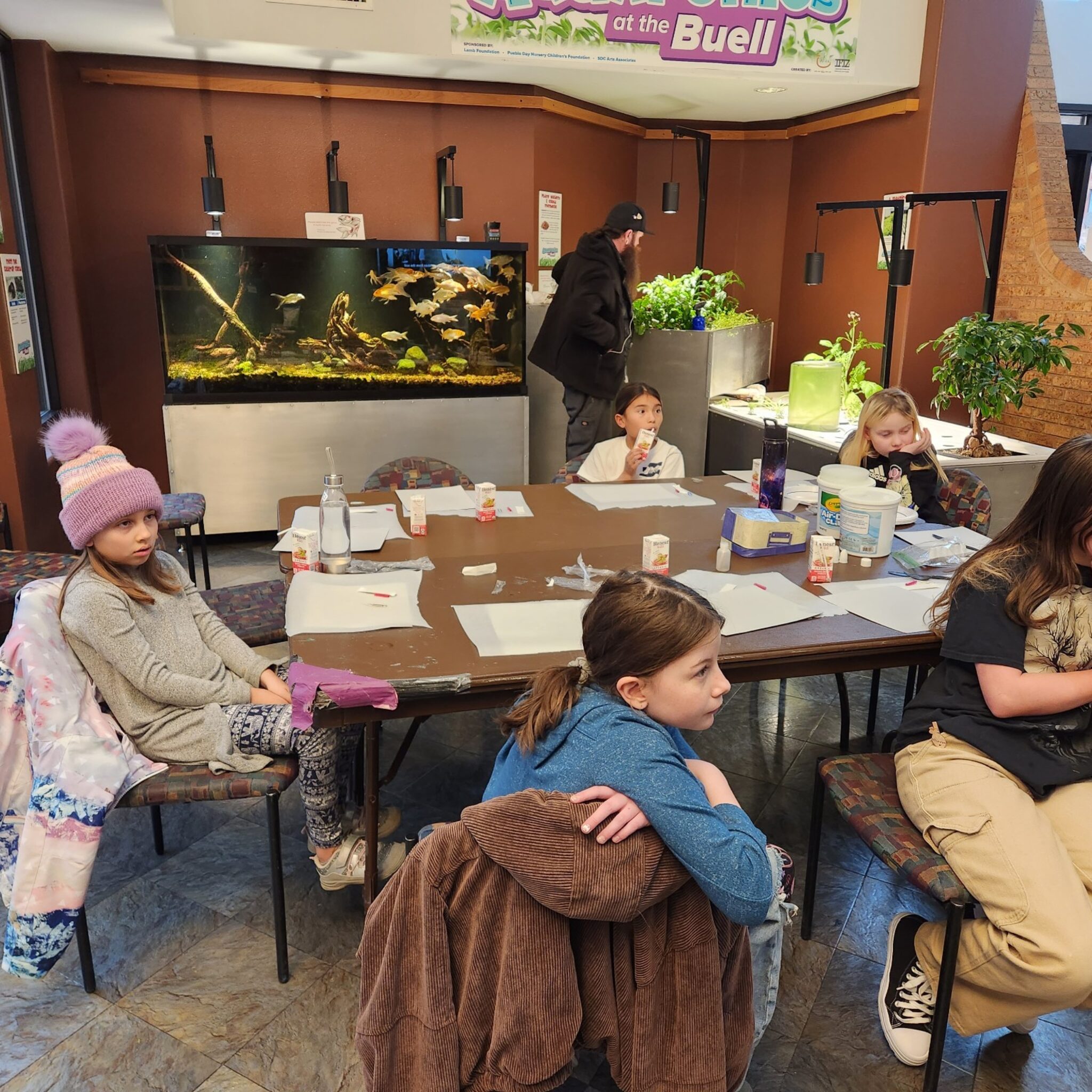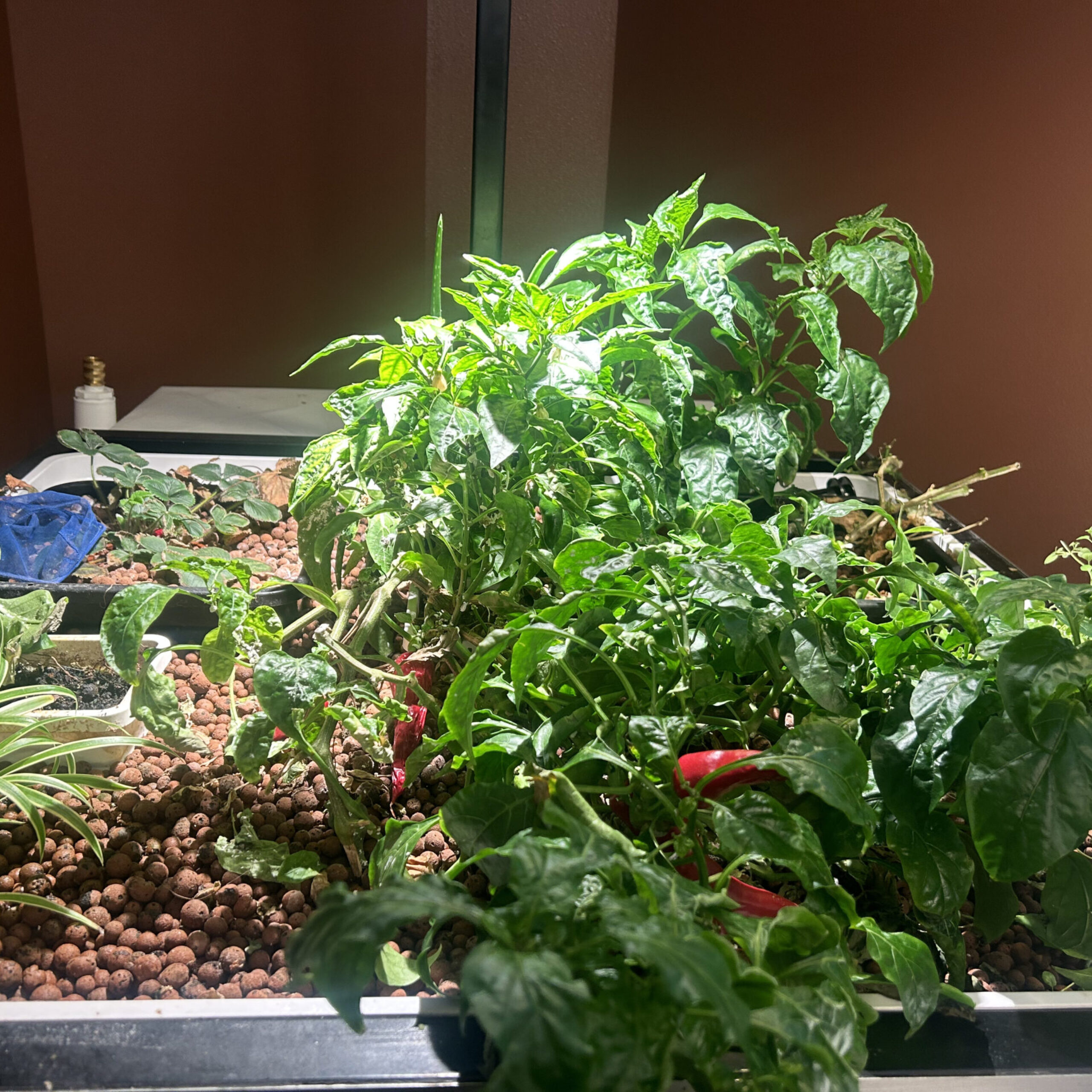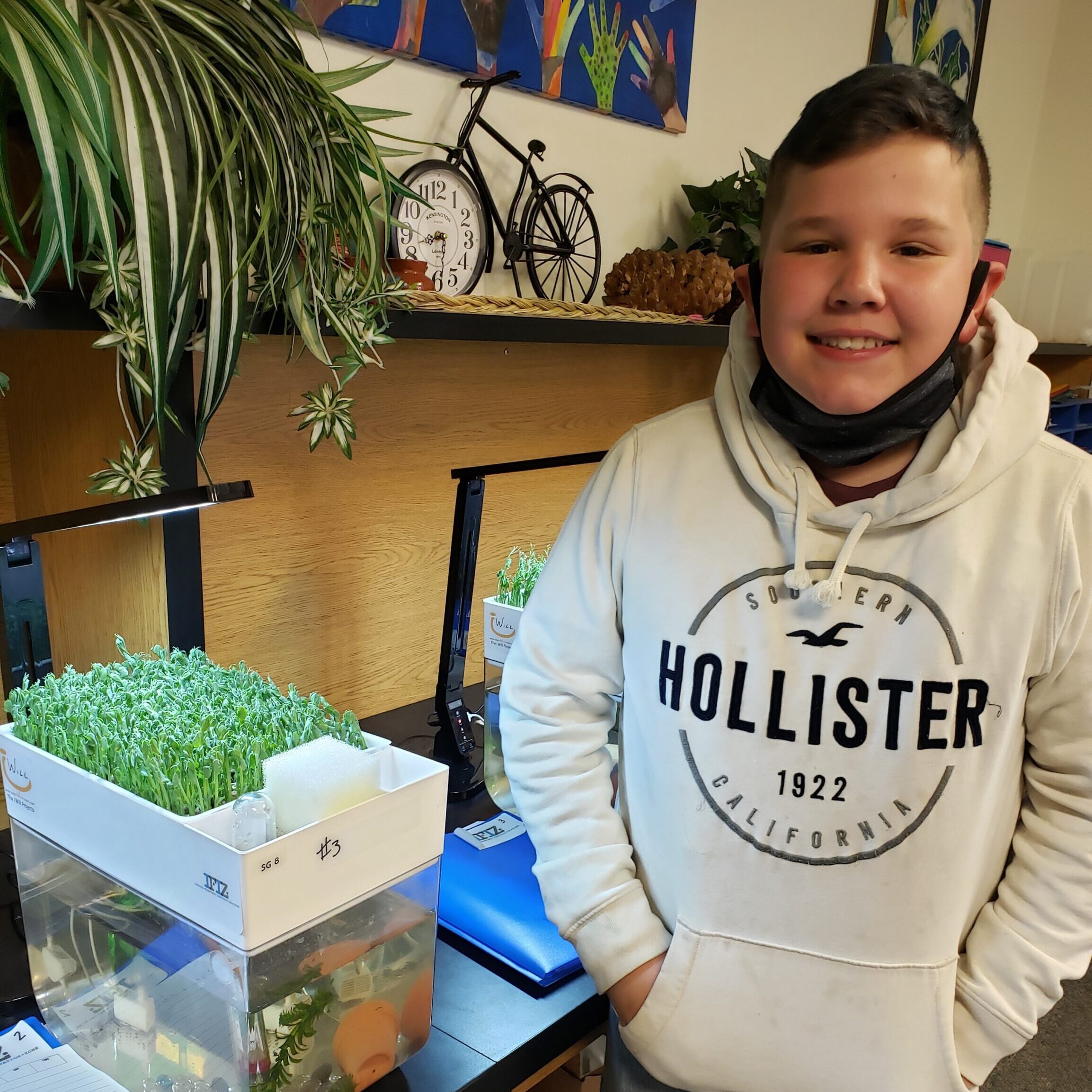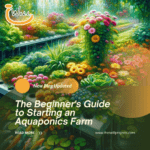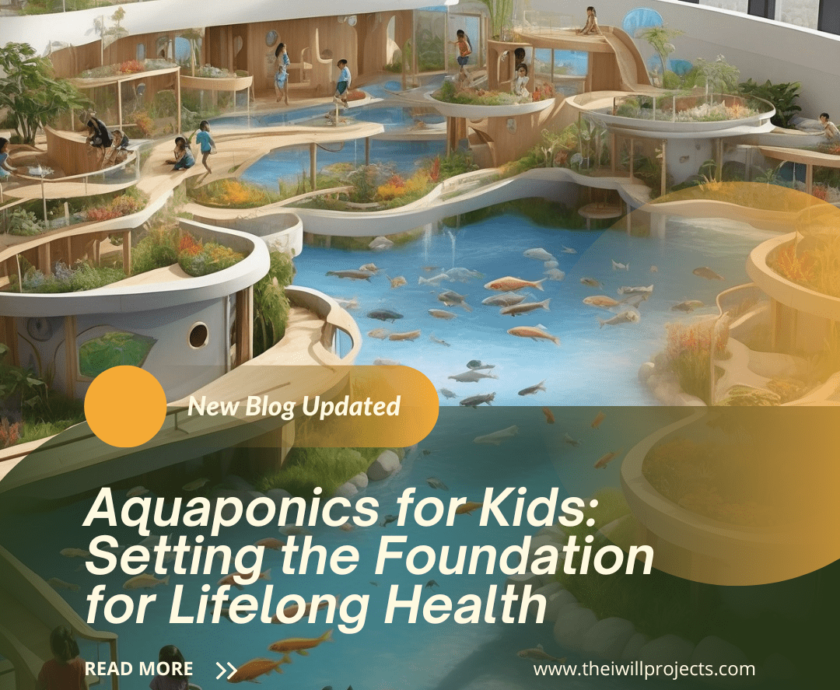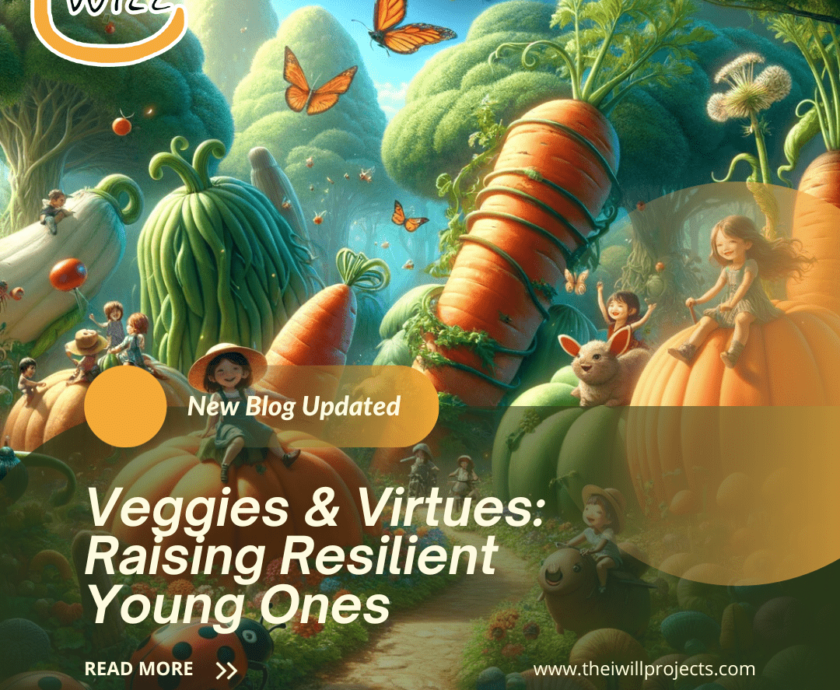“To raise a resilient child, focus on fostering a spirit of independence and a belief in their own abilities.” – Dr. John Duffy
TweetTable of contents
- Introduction
- The Soil of Support
- Watering with Wisdom
- Sunshine of Self-Esteem
- Pruning Pressure
- Fertilizing with Failure
- Harvesting Happiness
- Cultivating Communication
- Pests of Peer Pressure
- Organic Choices Over Artificial Instincts
- The Cycle of Growth and Rest
- Gardening Tools for Parents
- The Greenhouse of Guidance
- Planting Seeds of Positivity
- The Fruits of Resilience
- Conclusion
- FAQs
Introduction
Have you ever watched a garden thrive? It’s a beautiful sight – tiny seeds sprouting into vibrant plants, each leaf symbolizing life’s resilience. Just like these plants, our children require nourishment, care, and the right environment to grow into resilient, strong individuals. In this article, we’ll explore how ‘Veggies & Virtues’ can be instrumental in Raising Resilient Young Ones. We’ll dive into the world of parenting, drawing parallels with gardening, to understand how we can cultivate resilience in our children.

The Soil of Support
Supporting Your Child’s Growth: Every plant needs a strong foundation, and for children, this is unconditional love and support. Just as rich soil is essential for traditional gardening, a supportive environment is crucial in the innovative world of aquaponics, where plants grow in a symbiotic relationship with fish. This method showcases the balance of nurturing and independence, much like the balance needed in parenting. In aquaponics, plants receive nutrients from fish waste, creating a self-sustaining environment. Similarly, a nurturing and supportive home provides children with the resources and confidence they need to grow and flourish. They, like the plants in an aquaponics system, thrive in an environment where they feel secure enough to take risks, explore, and ultimately, grow into resilient and independent individuals.
Watering with Wisdom
Guidance and Knowledge: Like watering plants, imparting wisdom is a delicate balance. Too much and you risk flooding their curiosity; too little and they may not thrive. The key is knowing when to offer guidance and when to let them seek their own answers. It’s about providing the resources and tools they need to learn, while also stepping back to let them make their own discoveries. This balance helps children develop critical thinking and problem-solving skills, essential components of resilience. Encourage them to ask questions, challenge their thinking, and guide them through the process of finding answers.
Sunshine of Self-Esteem
Building Confidence: Just as plants need sunlight to grow, children require the warmth of positive affirmation. Praise their efforts, not just their achievements, to foster a healthy sense of self-worth. Celebrate the small victories and the big ones, and teach them that self-esteem comes from within. A child who feels good about themselves is more likely to take on new challenges and bounce back from setbacks. Encourage them to pursue their interests and passions, and show genuine interest in their activities. This nurtures a positive self-image and a strong sense of identity.
Pruning Pressure
Balancing Aspirations and Realities: In the journey of raising resilient young ones, it’s crucial to manage our expectations thoughtfully. Just as careful pruning is essential for a plant’s growth, setting the right expectations for our children is key to their development. Excessive demands can overwhelm them, much like over-pruning a plant, stunting their growth and resilience. It’s about finding that sweet spot where we set realistic and achievable goals that match their age and abilities. This approach encourages them to grow at their own pace, fostering resilience. By understanding their unique capabilities and limitations, we can adjust our expectations without necessarily lowering our standards. Encouraging our children to value effort over perfection is a vital step in raising resilient young ones. It teaches them that growth is a process, and striving towards their goals, even in the face of challenges, is what truly matters.
Fertilizing with Failure
Learning from Mistakes: Failure is the compost of growth. It may not be pleasant, but it enriches their experience and teaches valuable life lessons. Encourage your child to embrace mistakes as opportunities for growth. Help them understand that failure is not a setback, but a step forward in learning. Discuss what went wrong, what they learned, and how they can improve next time. This approach helps children develop resilience, as they learn to cope with disappointments and setbacks, understanding that they are part of the journey towards success.
Harvesting Happiness
Celebrating Achievements: Take time to enjoy the fruits of their efforts. Celebrate achievements, big or small, to reinforce positive behavior and encourage future success. This can be as simple as a family dinner to celebrate a good grade or a special outing for a personal milestone. Acknowledging their achievements helps build a positive feedback loop, motivating them to keep striving and growing. It’s important to show them that their hard work and persistence pay off, and that their accomplishments are valued and celebrated.
Cultivating Communication
Open Dialogues: Keeping the lines of communication open is like aerating soil; it allows fresh ideas and feelings to flow. Listen actively to your children and encourage them to express themselves. Create a safe space where they feel comfortable sharing their thoughts, worries, and joys. Communication is a two-way street; share your experiences and listen to theirs. This helps in understanding each other’s perspectives and strengthens the bond. Effective communication is key to understanding and responding to your child’s needs, thereby fostering resilience.
Pests of Peer Pressure
Navigating Social Challenges: Teach your children to deal with peer pressure, just like how a gardener handles pests – with care and appropriate strategies. Equip them with the confidence to make their own choices and the wisdom to discern right from wrong. Discuss scenarios they might face and brainstorm ways to handle them. Strengthen their sense of self so they can stand firm against negative influences, and assure them that it’s okay to say no and to stand out from the crowd.
Organic Choices Over Artificial Instincts
Encouraging Authenticity: In a world full of artificial influences, teach your children to make choices that reflect their true selves, much like preferring organic methods in gardening. Emphasize the value of authenticity over conformity. Encourage them to follow their passions and interests, even if they differ from the norm. This helps in building a strong character and self-identity, which are crucial for resilience.
The Cycle of Growth and Rest
Understanding Balance: Just as plants experience periods of growth and dormancy, children also require a balance between activity and rest. In the journey of raising resilient young ones, it’s crucial to ensure they have ample opportunities for personal development as well as relaxation. Over-scheduling can lead to burnout, mirroring how a constantly growing plant eventually weakens. Conversely, under-stimulation, much like a plant remaining dormant for too long, can result in stagnation. Striking a healthy balance is key. It allows your child to explore, learn, and also enjoy periods of rest. This harmonious equilibrium is vital for their physical, mental, and emotional well-being, and is a cornerstone in raising resilient, well-rounded young ones.
Gardening Tools for Parents
Resources and Strategies: Equip yourself with the right tools – be it books, parenting courses, or advice from fellow parents – to aid in your child-rearing journey. Staying informed and educated on parenting strategies and child psychology can be immensely helpful. Remember, just as each plant is unique, so is each child. What works for one may not work for another, so be open to trying different approaches and find what works best for your child.
The Greenhouse of Guidance
Providing a Safe Environment: Create a safe, nurturing environment for your child, much like a greenhouse that protects plants from harsh elements. This means creating a home where they feel secure, loved, and accepted. Be their safe haven, where they can retreat when the outside world becomes overwhelming. In this space, they can grow without fear, knowing they have your support and guidance.
Planting Seeds of Positivity
Instilling Optimism: Just as a gardener plants seeds with the hope of a bountiful harvest, plant the seeds of positivity in your child’s mind. Teach them to look at the brighter side of life, to find joy in small things, and to maintain a positive outlook. This mindset will help them navigate through life’s challenges with a resilient spirit.
The Fruits of Resilience
Reaping the Benefits: As your child grows, you’ll begin to see the fruits of your labor – a resilient, confident, and happy individual. They will be equipped to handle life’s ups and downs with grace and strength. Celebrate these moments, knowing that your efforts have contributed to their growth and resilience.

Conclusion
Cultivating resilient young ones is akin to nurturing a flourishing garden, especially when incorporating Aquaponic Farming At Home. It’s a journey that demands patience, dedication, and a deep reservoir of love. Just as we carefully tend to our children with a balanced mix of nurturing guidance and developmental tools, we pave the way for them to emerge as strong, resilient individuals. Like healthy food vital for a plant’s growth, a diet of positive emotions, encouragement, and understanding fuels human development in our young ones.
However, it’s crucial to recognize that each child is a unique entity; what fosters growth in one might not be as effective in another. Hence, flexibility and patience are key. By providing a safe space for them to express both positive and negative emotions, we help them navigate the complex terrain of personal growth, integrating the principles of Aquaponic Farming, where symbiosis and balance are fundamental.
The journey of parenting, much like the art of gardening, is filled with its own set of challenges and triumphs. Embrace this journey with open arms and a willing heart, and revel in the beauty of watching your little ones blossom into their fullest potential, nourished by the principles of Aquaponic Farming At Home.
FAQs
How can I help my child build resilience?
Building resilience involves providing a supportive environment, encouraging open communication, teaching them to learn from failures, and helping them develop a positive outlook on life.
What is the importance of setting realistic expectations for children?
Setting realistic expectations helps children to grow at their own pace without feeling overwhelmed, promoting healthy emotional and mental development.
How can failure be beneficial for my child?
Failure teaches valuable life lessons, helps develop problem-solving skills, and is an opportunity for growth. It’s important to teach children to view failure as a stepping stone to success.
How do I balance guidance and independence in raising my child?
Balance guidance and independence by providing resources and support, while also allowing your child to make their own decisions and learn from their experiences.
What role does communication play in raising a resilient child?
Open and effective communication helps in understanding your child’s needs and challenges, strengthens your bond with them, and is crucial for their emotional well-being.
The I Will Projects, a 501c3 Non-Profit, promotes diverse solutions for global challenges. Our IFIZ education programs, emphasizing aquaponics, and insect farming, empower communities through knowledge, collaboration, and sustainable innovation. Learn more here.
References:
perfectionistmom.com/the-danish-way-of-parenting-summary-review
ppc.sas.upenn.edu/sites/default/files/posedseligmanadler.pdf
apa.org/topics/resilience/guide-parents-teachers
psychcentral.com/health/tips-for-raising-resilient-kids



